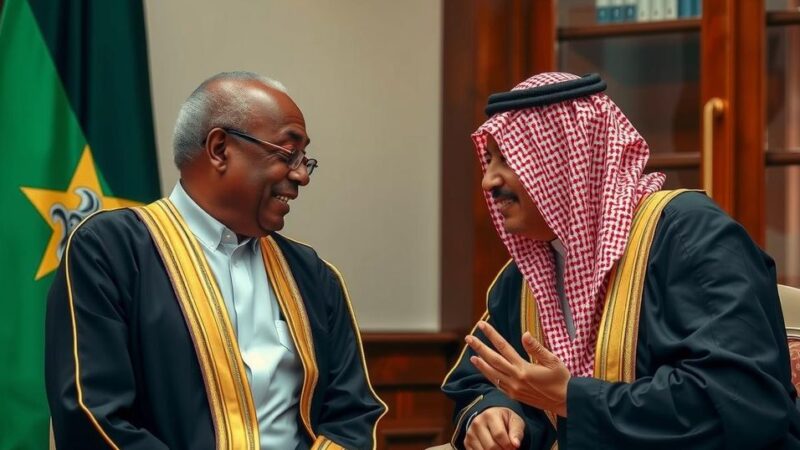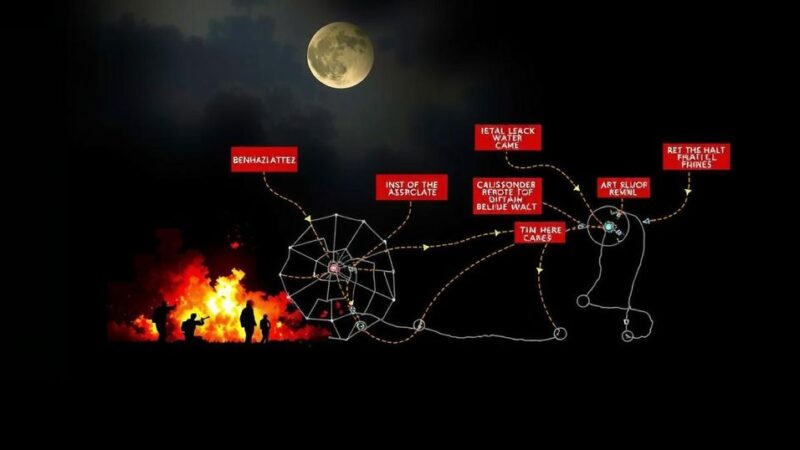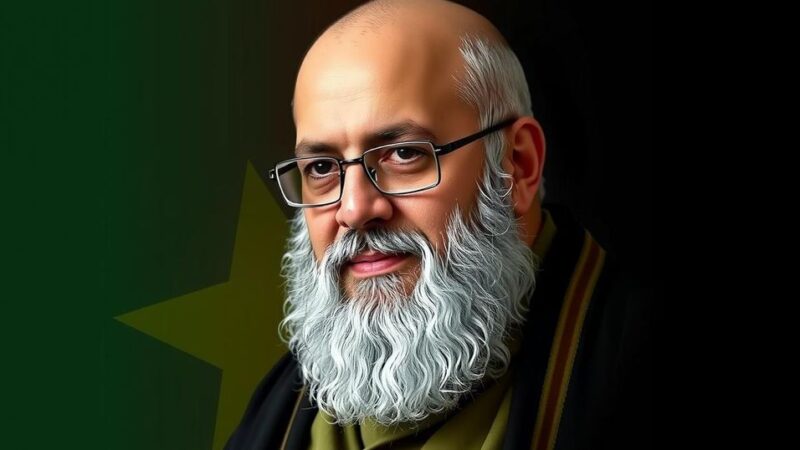Bolivia has joined South Africa’s legal fight against Israel at the International Court of Justice, alleging violations of the UN Genocide Convention following Israel’s military operations in Gaza, which the ICJ previously mandated to be conducted without acts of genocide. This case has attracted support from several countries and underscores the intense humanitarian crisis in the region, while Israel maintains its actions are justified.
Bolivia has officially aligned itself with South Africa in its legal challenge against Israel at the International Court of Justice (ICJ), which contends that Israel’s military actions in Gaza constitute violations of the UN Genocide Convention. The recent announcement comes amidst growing international support for the case, with several countries including Colombia, Libya, Spain, and Mexico joining the efforts to hold Israel accountable for its offensive in the region, which Israel firmly denies. Previously, in November, Bolivia had declared the severance of diplomatic relations with Israel, denouncing what it referred to as “disproportionate” attacks on Gaza. Israel, in response, criticized Bolivia’s stance as a capitulation to terrorism. Following a significant ruling on January 26 that garnered global attention, the ICJ mandated that Israel must take all necessary actions to prevent any acts of genocide during its military campaigns in Gaza. The court also instructed Israel to provide “unimpeded access” to UN-mandated investigators tasked with examining allegations of genocide. South Africa has consistently returned to the ICJ, urging the court to consider the humanitarian crisis in Gaza and issue additional emergency measures. In its recent submission, Bolivia asserted, “Israel’s genocidal war continues, and the Court’s orders remain dead letters to Israel.” While it is important to note that ICJ rulings are legally binding, the court lacks effective enforcement mechanisms. In a prior ruling issued in July, the ICJ affirmed that Israel’s occupation of Palestinian territory was “unlawful” and called for an immediate cessation of these actions. According to reports from the Hamas-controlled health ministry, Israel’s offensive has resulted in the deaths of at least 42,010 individuals, primarily civilians, a figure the United Nations deems reliable. This escalation was triggered by a Hamas attack on October 7, 2023, which led to the deaths of a reported 1,205 individuals in Israel, mostly civilians. Furthermore, Israel has escalated its military operations against Hezbollah strongholds in Lebanon since September 23, resulting in over 1,150 fatalities according to official figures.
The ongoing tensions between Israel and Palestinian territories have escalated into significant military conflicts, prompting international legal responses aimed at addressing allegations of human rights abuses and violations of international law. The ICJ serves as a critical platform for countries to seek justice and accountability for what they perceive as unlawful actions in wartime. The context of Bolivia’s involvement reflects a broader political stance of several nations against Israel’s military operations, particularly in Gaza, where humanitarian crises have been extensively reported.
In summary, Bolivia’s involvement in South Africa’s ICJ case against Israel signifies the increasing international scrutiny of Israel’s military operations in Gaza amid severe humanitarian concerns. The ICJ’s previous rulings underscore the global legal and moral discourse surrounding the conflict, despite the significant challenges in enforcing compliance with the court’s decisions. The tragic loss of civilian life continues to draw attention to the urgent need for a peaceful resolution to the ongoing hostilities.
Original Source: www.barrons.com






